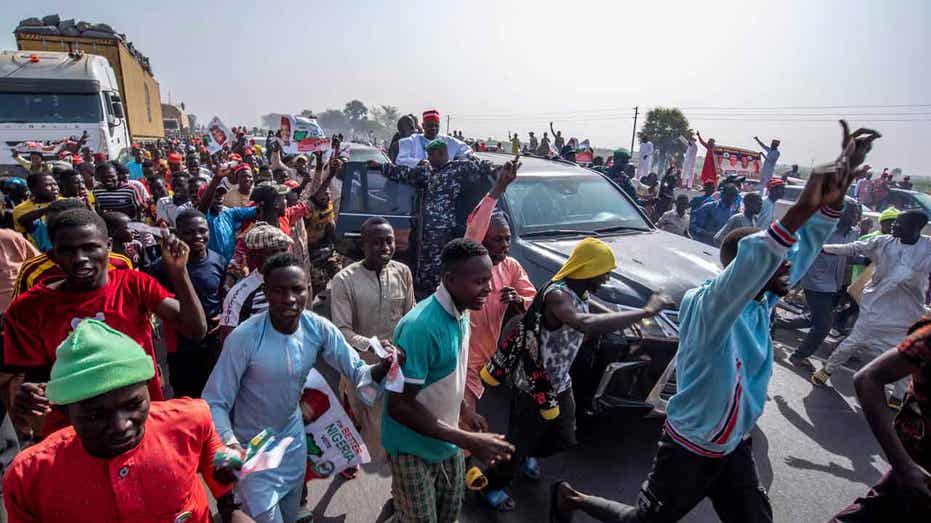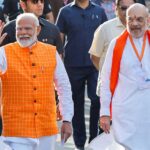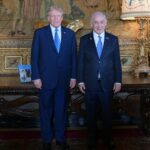Police in Nigeria arrested a lawmaker who allegedly was carrying nearly $500,000 in cash in a battleground state a day before the country’s presidential and parliamentary elections, raising fresh concerns Friday about the influence of money in the vote.
Chinyere Igwe, a member of Nigeria’s House of Representatives, was found traveling with the money inside a bag in his car around 2 a.m. along with a distribution list, Rivers state police spokesperson Grace Iringe-Koko said.
It is illegal to move undeclared cash of more than $10,000 in Nigeria. Authorities were interrogating the lawmaker Friday, Iringe-Koko said.
Authorities in Kano state, meanwhile, announced the arrests of more than 60 “suspected thugs with dangerous weapons” after supporters of political parties clashed Thursday. Local media reported one person was burned to death in the violence.
Nigerian voters are heading to the polls Saturday to select a new president following the second and final term of incumbent President Muhammadu Buhari. They also are electing a new national legislature.
Three front-runners have emerged from a field of 18 presidential candidates, including the ruling party’s Bola Tinubu and the main opposition party’s Atiku Abubakar. Most polls have favored Peter Obi, a third-party hopeful.
RELIGIOUS FREEDOM SUMMIT BRINGS TOGETHER POLITICIANS FROM BOTH SIDES OF AISLE FOR GLOBAL EVENT
The election comes amid a currency shortage in Africa’s most populous nation, raising concerns about whether it will affect voter turnout. Authorities announced the switch to a new naira note in November, but the change has led to shortfalls of bank notes nationwide.
At the same time, there have been doubts about the ability of Nigerian authorities to curb the influence of money in the country’s elections.
Observer groups have documented political parties making payments ranging from $1.09 to $10.90 to people willing to vote for their candidates, a tactic used amid high unemployment and poverty rates in the country.
“Vote buying remains a major threat to our democracy,” Mahmood Yakubu, the head of Nigeria’s election commission, told reporters Thursday.
The use of mobile phones is prohibited at Nigeria’s voting stations, Yakubu said. Authorities introduced the ban to counter voters photographing ballots as evidence in exchange for cash from political parties.










